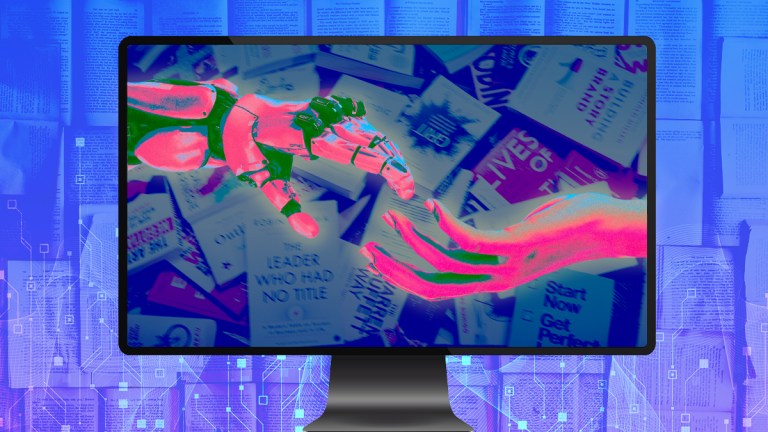By definition, piracy involves the unauthorized useorreproduction of anothers work.
That certainly seems to be the case with Metas latest alleged book raid.
So many were understandably outraged when learning that Meta may havealsostolen their work.

The main difference here (if it even matters) is that LibGen remains a controversial yet free service.
In contrast, Meta uses the intellectual property of others to help fuel itsbillions in profits.
Ad content continues below
Not everyone can be Stephen King or J.K. Rowling.
Most authors make very little off their books.
Few can live off royalties, and even fewer get substantial advances.
A billion-dollar company stealing anyones work (including publishing heavyhitters) feels like a giant slap in the face.
In most cases, the work is transformative, meaning it adds something new to the original material.
Tech Raids Prove AI Laws Are Necessary
AI isnt going anywhere.
To toss out anotherFrankensteinmetaphor, we created a monster that cant just be abandoned.
Certain fields undoubtedly benefit from AI, but Meta proves books and other creative media arent among them.
Mark Twain once said, There is no such thing as new ideas.
Its an argument frequently used in pro-generative AI circles.
If everyone is recycling ideas, how is AI any different?
However, generative AI isnt just coded; its trained on the published works of artists and writers.
Agatha Christie had to plot out her mystery novels.
She couldnt just plop them into ChatGPT and jot down, Write me an ending.
Currently, the U.S. has no federal legislation regulating AI development or use (White & Case).
On the state level, there are a few laws pertaining to generative AI.
For example, Colorado and Utah have laws stating that agencies must disclose generative AI use to their users.
While these various laws outline potential solutions to protecting copyright holders and consumers, its just a start.
As it stands, the court has thrown out most of the claims besides direct copyright infringement.
Films like those orThe Boy and the Heronare as much labors of love as they are lines and colors.
And theyre no easy feat to create.
As Studio Ghibli producer Toshio Suzuki toldEW, it can take one month to draw one minute of animation.
While style cannot be copyrighted, this brings into question how OpenAI trained its AI model.